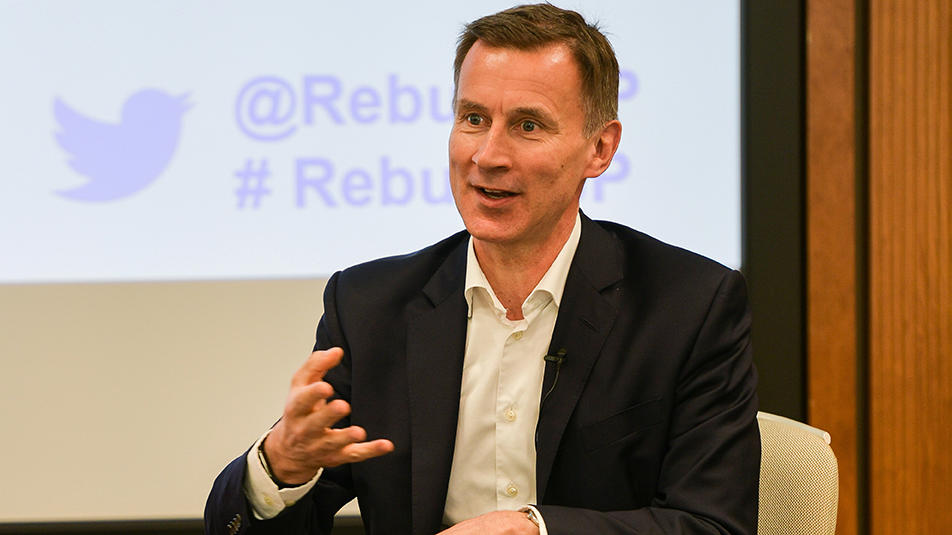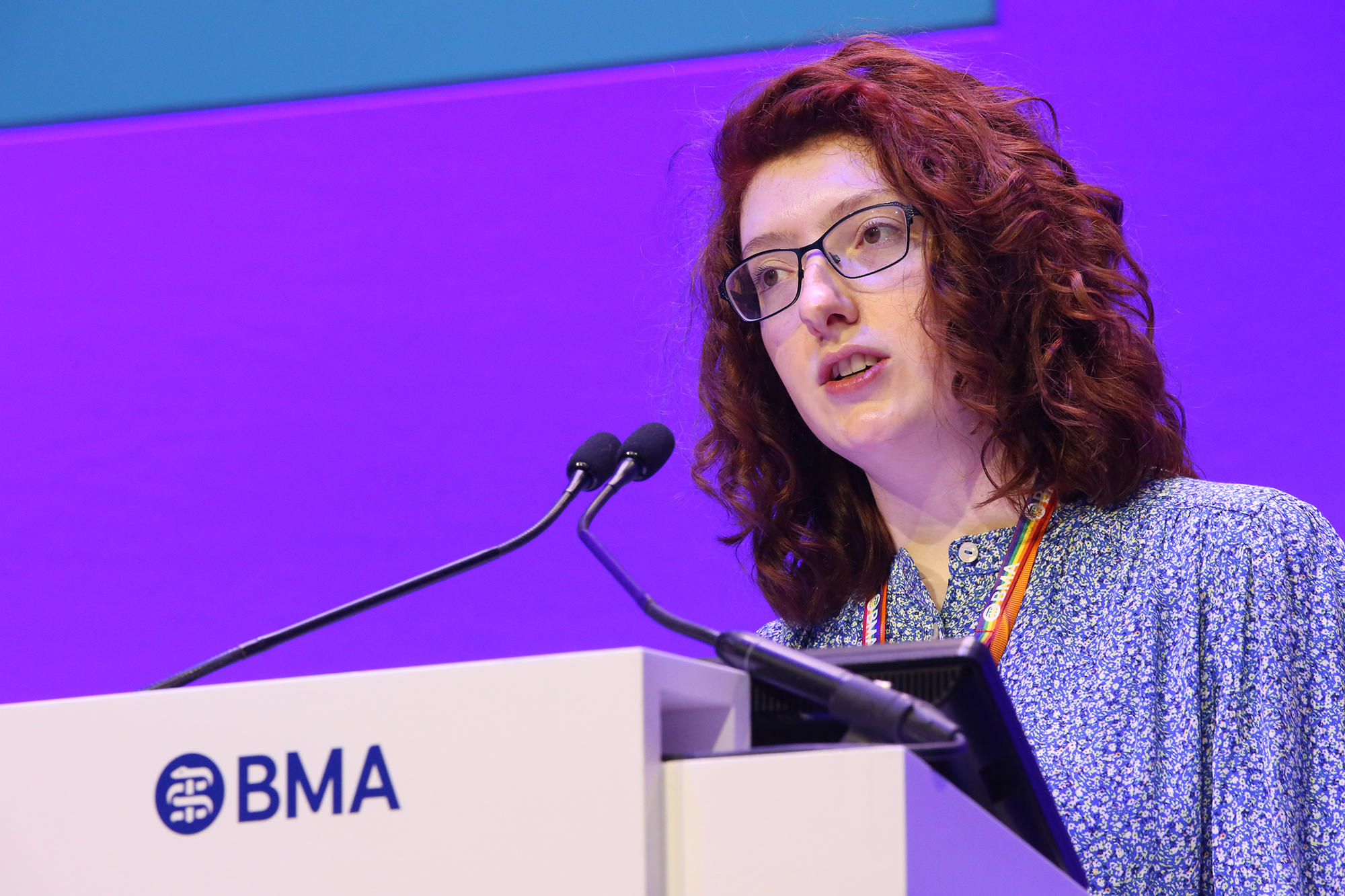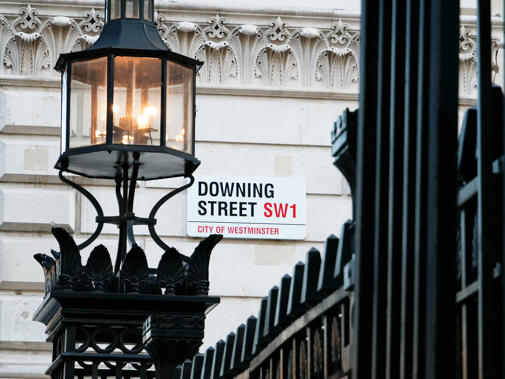The English NHS is in the midst of its ‘greatest workforce crisis in history’ compounded by the absence of a credible government strategy to tackle the situation, according to a damning new report by MPs on the health and social care committee.
It concluded that persistent understaffing is a serious risk to staff and patient safety, and noted the ‘national scandal’ of NHS pension arrangements has exacerbated the problem having led many senior doctors to cut working hours.
The expert panel convened for the report rated the extent to which workforce commitments on cancer had been met as ‘inadequate’, and that they had heard evidence that long-term staffing shortages across multiple cancer specialties are affecting patient care.
BMA analysis has shown that, despite a pledge in February 2020 to deliver 6,000 more GPs, the number of fully qualified GPs has been contracting since 2015. Meanwhile, growth in the secondary-care medical workforce remains far below rising demand.
The report, Workforce: recruitment, training, and retention in health and social care, also found a shortfall of more than 50,000 nurses and midwives – and projects a further 475,000 jobs will be needed in health and an extra 490,000 jobs in social care by the early part of the next decade.
Record delays
 HUNT: Greatest workforce crisis in history of NHS
HUNT: Greatest workforce crisis in history of NHS
It comes as hospital waiting lists reached a record high of more than 6.6 million in May.
The committee’s report found the Government to have shown a ‘marked reluctance to act decisively’ on the NHS workforce crisis. Its key recommendations include:
- Government must publish full workforce projections for the next 5, 10 and 15 years by the end of this year
- Reform pension taxation policy that causes doctors to retire early
- Remove administrative barriers for IMG (international medical graduates) to work in the NHS
- Offer IMG GP trainees indefinite leave to remain on completion of GP specialty training
- Take into account the flexible working trend in workforce planning
- Review affordable and flexible childcare.
Increase medical school places by 5,000 from 9,500 to 14,500 a year - Report on progress made against recommendations on how to close medicine’s gender pay gap
- Improve complaints procedure to ensure doctors are supported through investigations or inquiries
- Look at ways of improving short-term efficiency to promote positive mental health for all frontline workers.
The Government has still not committed to publishing regular modelled assessments of how many staff are needed to meet the health and care demands of the population. This report reiterates calls from the BMA and more than 100 other expert organisations in calling for the forthcoming Long Term Workforce Plan, which was commissioned by Sajid Javid in March, to include these.
Committee chair, Jeremy Hunt, said: ‘Persistent understaffing in the NHS poses a serious risk to staff and patient safety, a situation compounded by the absence of a long-term plan by the Government to tackle it.
‘We now face the greatest workforce crisis in history in the NHS and in social care with still no idea of the number of additional doctors, nurses and other professionals we actually need.
‘NHS professionals know there is no silver bullet to solve this problem but we should at least be giving them comfort that a plan is in place. This must be a top priority for the new prime minister.'
'Dire consequences'
BMA deputy chair of council Emma Runswick said: ‘This urgent and detailed report illustrates the workforce emergency facing our health and care services and the dire consequences this is having on staff and patients. It is a damning indictment of a government that has completely failed to take any meaningful action on workforce issues, and has no plan going forward.
‘Despite obvious need, the Government refuses to do the basic work of laying out how many staff we need to meet the health and care demands of the population, now or in the future.
‘The committee lays bare the scale of workforce shortages – and failed promises from ministers – and recommends solutions that the BMA has long-proposed around both recruitment and retention.'
 RUNSWICK: Damning indictment
RUNSWICK: Damning indictment
Dr Runswick urged government to ‘drastically increase’ medical school and training places with full funding.
‘Bureaucratic barriers for our talented international colleagues seeking to practise here should be removed and support increased,’ she added.
‘Alongside this we need support to keep existing doctors in the workforce, especially after the most harrowing and exhausting two years many will have ever experienced.’
She agreed with the report’s conclusion on pensions reform and urged the Government to restore doctors’ pay to 2008 levels, since when some doctors have seen their real-terms pay cut by a third.
‘Doctors are sick of being undervalued,’ she said. ‘The NHS is its staff, but we cannot run it on good will alone. If the Government continues to ignore this – or continued warnings from reports like this – the impact on health professionals, patients and the very health of our society does not bear thinking about.’
Addressing the pensions issue, BMA pensions committee chair Vishal Sharma said: ‘In the context of a deepening workforce crisis and record waiting lists it is vital that the Government heeds the warnings of the BMA and the Health and Social Care select committee and urgently takes action to solve this issue before it’s too late.
‘Otherwise, we will see an unprecedented loss of the senior medical workforce, a loss from which the NHS may not recover.’

